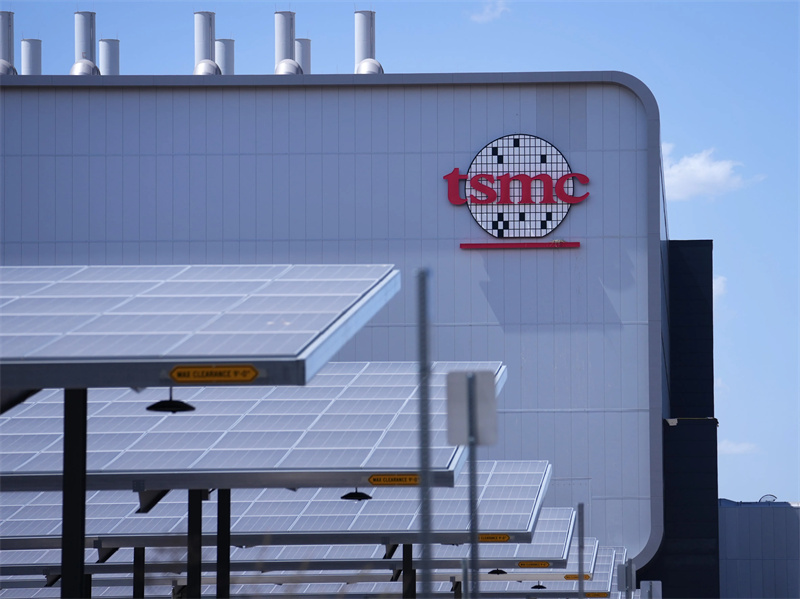In a significant policy shift, the Taiwanese government has cleared TSMC (Taiwan Semiconductor Manufacturing Company) to build 2nm-class chips at its facilities outside Taiwan, marking a major step in the evolution of the country's semiconductor strategy. Previously, TSMC was restricted from using its most advanced manufacturing processes abroad in an effort to maintain Taiwan's “Silicon Shield,” a defense strategy designed to ensure that the country's leading-edge chip production remains within its borders in the event of geopolitical tensions, particularly with China.
The announcement was made by J.W. Kuo, Taiwan's Minister of Economic Affairs, at a press conference, where he emphasized that the government's new stance reflects changes in the global technological landscape. "Those were old-time rules. Times have changed," Kuo said, highlighting that businesses should be free to make decisions based on technological progress and market opportunities.
Under the updated regulations, TSMC and other Taiwanese companies are no longer bound by the "N+1" or "N+2" rule, which previously required overseas chip production to be at least one or two generations behind domestic output. Instead, the government now allows private businesses to make independent decisions about their overseas investments. TSMC, for instance, is building a factory in the U.S. to serve the country's chip-designing companies, as 60% of the world's chip designers are based in the U.S.
While TSMC can now formally export its 2nm technology to the U.S., the company's first 2nm-capable facility is not expected to come online until the end of the decade. At present, TSMC's Arizona fab (Fab 21 Phase 1) is producing chips using its 4nm technology, with plans for Phase 2 to handle 3nm chips by 2028. The company is also considering making its U.S. facility capable of producing 2nm chips, though this decision will likely depend on the company's strategic and market considerations at that time.

The total investment in TSMC's Arizona operations is expected to exceed $65 billion, and the company already plans to have at least two 2nm-capable sites in Taiwan by 2025-2026. The Taiwanese government's new approach could enable TSMC to meet the increasing demand for its advanced manufacturing processes while maintaining its leadership in the global semiconductor industry.
Minister Kuo also addressed potential concerns over U.S. trade policies, particularly under the possibility of a future Donald Trump presidency. While acknowledging some uncertainties, Kuo expressed confidence in Taiwan's technological capabilities and the country's strong position in the global semiconductor supply chain, particularly as Taiwanese manufacturers increasingly replace Chinese suppliers for U.S. companies. He downplayed the long-term impact of any changes in U.S. trade policy, citing Taiwan's resilience and adaptability.
In sum, Taiwan's decision to allow TSMC to make 2nm chips abroad marks a critical shift in its semiconductor policy, balancing the need for international expansion with its longstanding strategy of protecting its technological edge. As TSMC moves forward with its plans, the company will need to weigh the potential benefits of overseas production against the risks and uncertainties inherent in such high-stakes investments.
+86 191 9627 2716
+86 181 7379 0595
8:30 a.m. to 5:30 p.m., Monday to Friday
